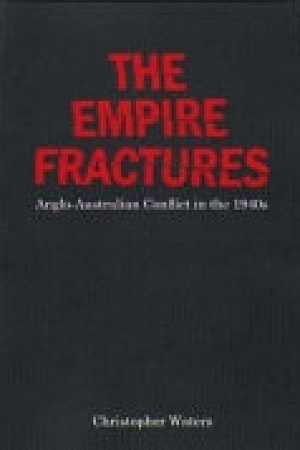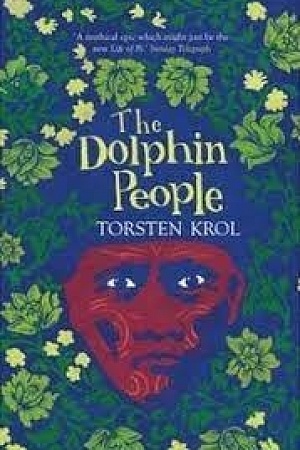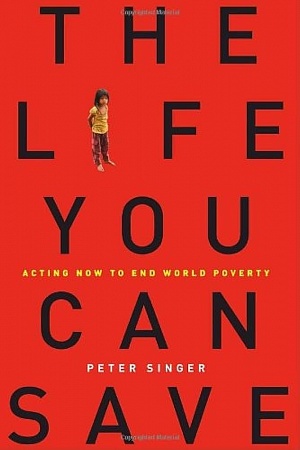Preserves and Presences
The best preserve of our humanity’, Ian Britain writes in his editorial to this edition of Meanjin (Only Human, 63:1, edited by Ian Britain $19.95 pb, 236 pp), remains words. Whatever ‘our humanity’ is, it is protected, kept alive, maintained, conserved – in language. ‘[C]ertainly’, he clarifies, in the ‘honed, considered words of the good … literary artist’, but perhaps even in ‘verbiage’.
An interesting point: what is revealed of humanity in what we consider worthless? The first piece in Meanjin makes the case that – in Britain’s terms – just as literary art is a possibility of humanity, so too is verbiage. In a biographical essay on Orson Welles, Norman MacKenzie suggests that, for Welles, Darwinian ideas sit together with those of Huxley: just as humanity’s progress is possible, so too is its decline. In early short stories, Welles’s view tended towards the negative, though he came to believe that through the advances of science a new, more invulnerable order could be founded. As MacKenzie points out with reference to World War II, the times in which he lived did not support Welles’s hypothesis. Is it this lack of foresight that reveals Welles’s humanity?
Continue reading for only $10 per month. Subscribe and gain full access to Australian Book Review. Already a subscriber? Sign in. If you need assistance, feel free to contact us.














Leave a comment
If you are an ABR subscriber, you will need to sign in to post a comment.
If you have forgotten your sign in details, or if you receive an error message when trying to submit your comment, please email your comment (and the name of the article to which it relates) to ABR Comments. We will review your comment and, subject to approval, we will post it under your name.
Please note that all comments must be approved by ABR and comply with our Terms & Conditions.